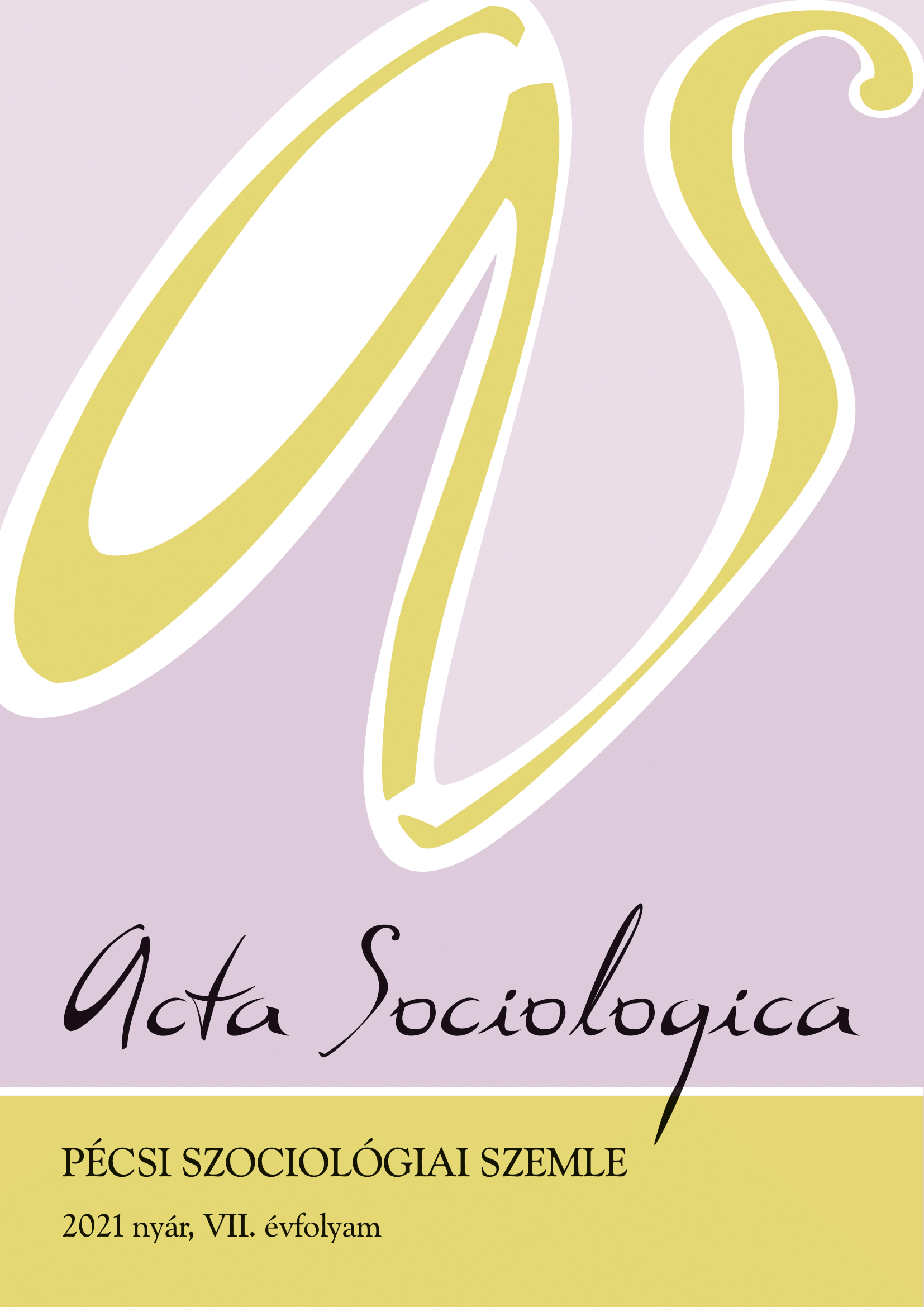A paraszti önigazgatás középkori eredete és rétegei
DOI:
https://doi.org/10.15170/AS.2021.7.1.5Absztrakt
The peasant society had special autonomy from the Middle Ages. The local communities elected their own leaders, coordinated the common agricultural works of the land community, they judged on their own. Some characteristic attributes of these early autonomy survived the historical, political and social changes and remained dominant in the long run. In my study I present the genesis of the Hungarian villages and communities, the different components and layers of the traditional self-government. These questions are inseparable from the development of serfdom and its current situation. I point to the dichotomy inside of the communities, which stemmed from the property difference of the peasant society and from the conflicts of the individual and collective interests, which ones remained dominant till the end of 20. century.





